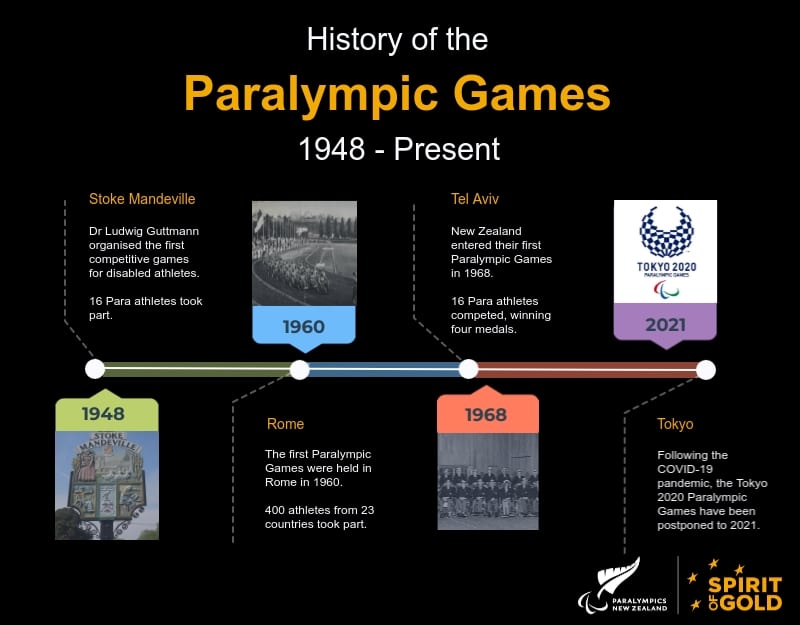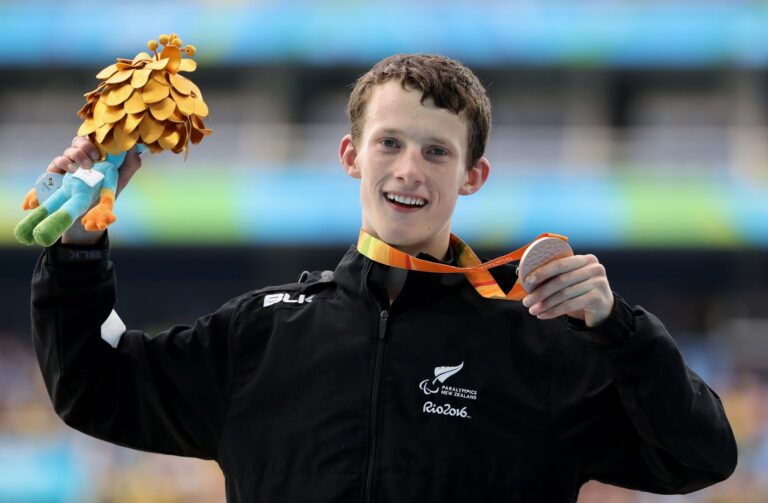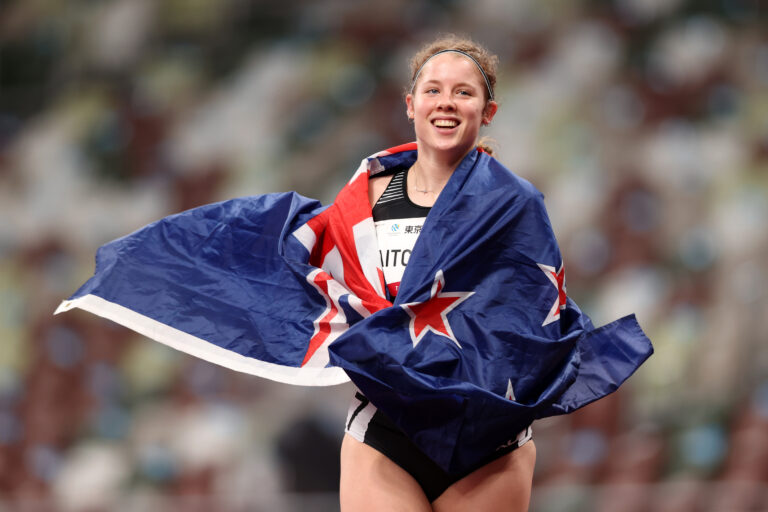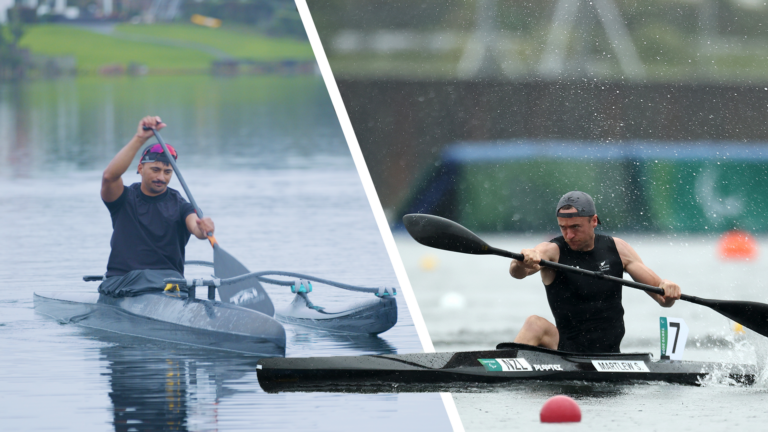Whilst sport for athletes with impairments has existed for over 100 years, it was not until after World War II that the formation of the Paralympic Games took place.
Following the war, organised sports for athletes with impairments (called today Para athletes) were set up to assist a large number of war veterans and civilians who had been injured during the war.
Stoke Mandeville and the history of the Paralympics
The English town of Stoke Mandeville will always be synonymous with the start of the Paralympic Movement.
In 1944, at the request of the British Government, Sir Ludwig Guttmann opened a spinal injuries centre at the Stoke Mandeville Hospital. Over time, the hospital grew into a rehabilitation centre where recreational and then competitive sport evolved.
In 1948, Dr Guttmann organised the first competitive games for athletes with impairments, with 16 injured servicemen and women competing in an archery competition.
The day of the competition also coincided with the Opening Ceremony of the London 1948 Olympic Games – the very first steps in the formation of the Paralympic Movement.
Four years later, in 1952, competitors from Holland joined the Games and the international movement, now known as the Paralympic Movement, was born.
The first Paralympic Games
It took another eight years until the very first Paralympic Games were officially held in Rome in 1960. The very first Paralympic Games featured 400 athletes from 23 countries. New Zealand was not one of the countries involved in the inaugural Games – our first involvement would come eight years later in Israel.
Four years prior to the first ever Paralympic Games, at a competition in Toronto, other disability groups were added to those involved in the Stoke Mandeville Games and the idea of merging together different disability groups for international sports competitions was born.
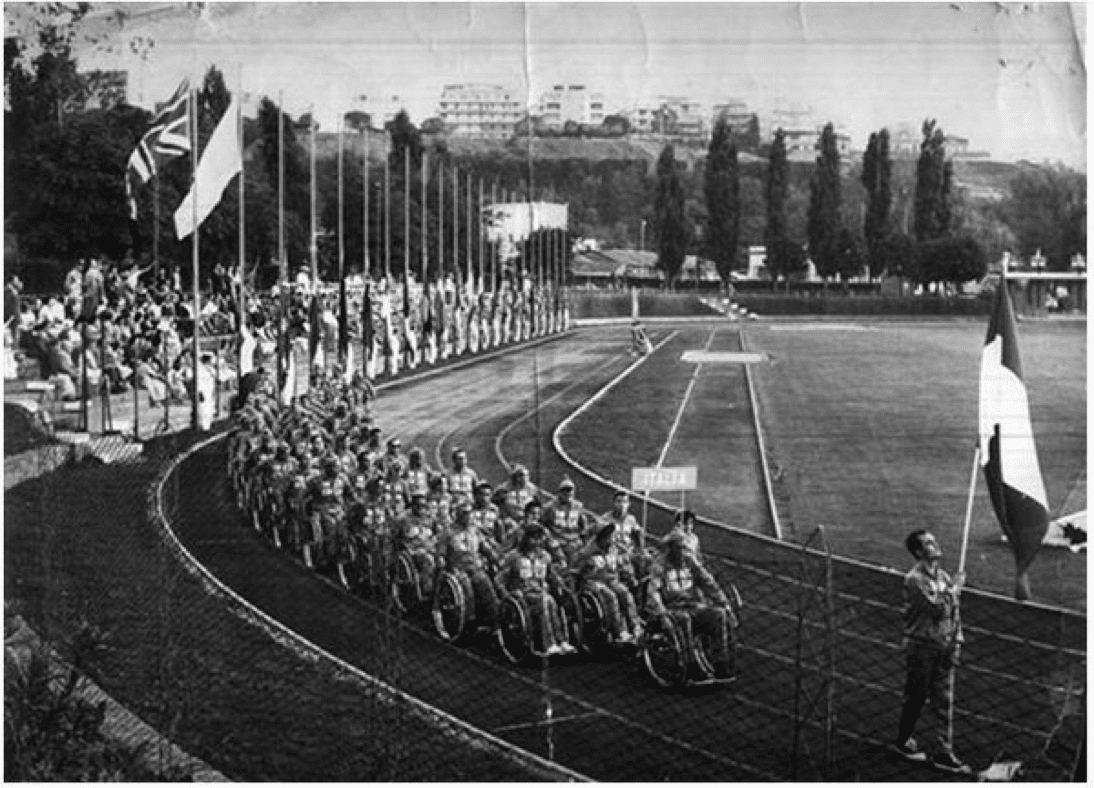
New Zealand’s history at the Paralympic Games
Whilst New Zealand’s participation in the Paralympic Games first began in Israel in 1968, it was six years earlier when New Zealand first competed in sports events for disabled people when an Auckland paraplegic athlete attended the British Commonwealth Paraplegic Games held in Western Australia.
Fast-forward three years and Auckland established the first disability regional association and then in 1966, a team comprising of nine Aucklanders and one Dunedin competitor was selected to attend the Commonwealth Games in Jamaica.
Things progressed quickly from here. That same year, Christchurch held the first inter-regional games and in 1968, the first National Disabled Championships were held here in New Zealand with 29 competitors. Otago-Southland and Wellington regional associations were formed shortly after, and the New Zealand Paraplegic & Physically Disabled Federation was formed later that same year.
New Zealand’s First Paralympic Games – Tel Aviv 1968
The New Zealand Paraplegic & Physically Disabled Federation was formed as the National Sports Organisation for disabled people, to enable an official team to represent New Zealand at the Paralympic Games in Tel Aviv, Israel. 16 Para athletes competed and returned with one gold, two silver and one bronze medals.
The New Zealand Paralympic Team was made up of 15 males and one female and the team competed across seven sports – Para archery, Para athletics, Para lawn bowls, Para fencing, Para powerlifting, Para table tennis and Para swimming.
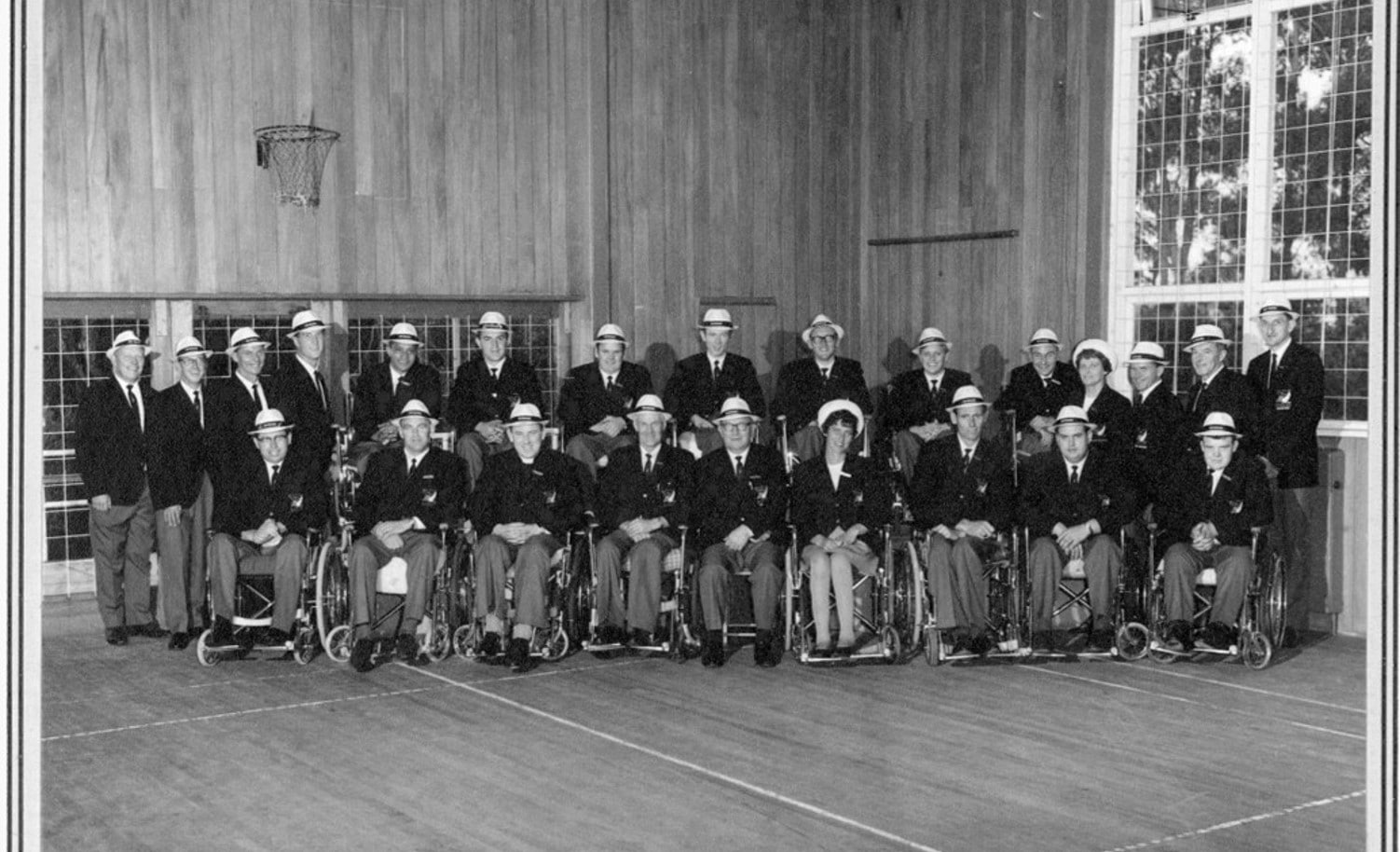
All four of New Zealand’s medals were won by one New Zealand Paralympian, Paralympian#13 Eve Rimmer. Eve competed in Para athletics and Para swimming, picking up 1 gold, two silvers and a bronze.
Our medal tally put us 18th in the overall medal table in an event that was attended by 775 athletes from 28 countries.
In January 2007, the New Zealand Paraplegic & Physically Disabled Federation changed its name to become Paralympics New Zealand (PNZ). This was to gain greater public awareness and raise the profile of disability sport by focusing on its most prestigious event – the Paralympic Games.
The Paralympic Games and Olympic Games
Following the first Paralympic Games in 1960, they have been held every four years. Since the Summer Paralympic Games in Seoul, Korea in 1988 and the Paralympic Winter Games in Albertville, France in 1992 the Paralympic Games have also taken place in the same cities and venues as the Olympic Games due to an agreement between the International Paralympic Committee (IPC) and the International Olympic Committee (IOC).
About the IPC
On 22 September 1989, the IPC was founded as an international non-profit organisation in Dusseldorf, Germany, to act as the global governing body of the Paralympic Movement.
The word “Paralympic“ derives from the Greek preposition “para“ (beside or alongside) and the word “Olympic“.
Its meaning is that Paralympics are the parallel Games to the Olympics and illustrates how the two movements exist side-by-side.

